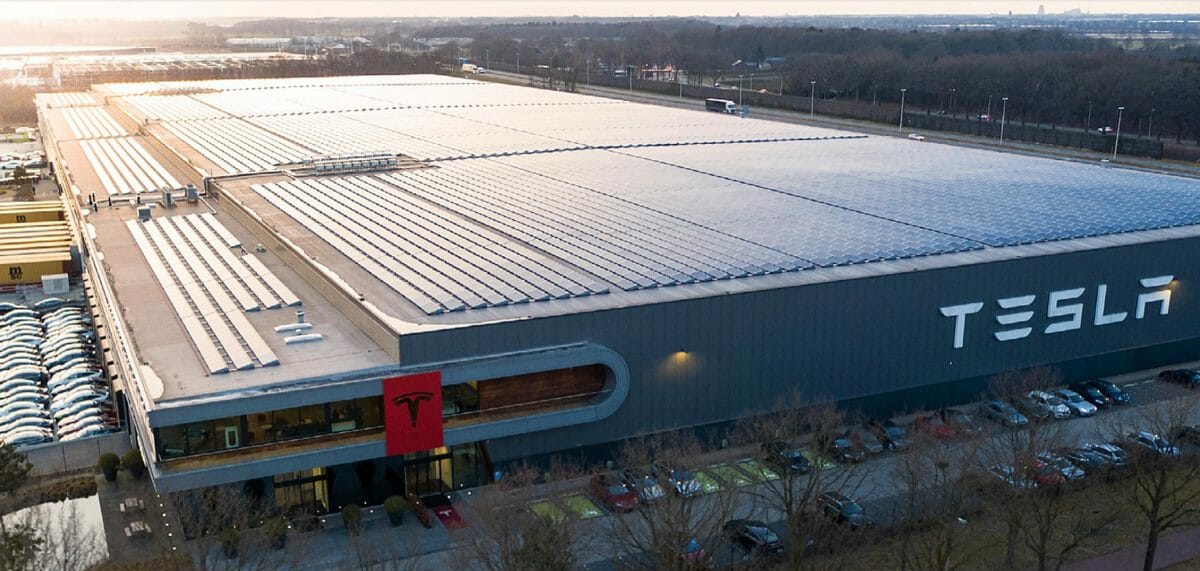The electric car giant is on track to become part of the popular index.
Tesla, a leading electric vehicle manufacturer, has quickly climbed the ranks to become the ninth-largest publicly traded company in the U.S. With its impressive growth and market value surpassing that of Walmart, Tesla is now eligible for inclusion in the S&P 500 index. Despite meeting the profitability criteria for four consecutive quarters, the decision to add Tesla to the index is met with some hesitation.
Nicholas Colas, co-founder of Datatrek, pointed out the challenge of integrating a company of Tesla’s size into the S&P 500, citing concerns about potential market disruptions. If Tesla joins the index, its market value could represent over 1% of the total index value, leading to significant fluctuations and short-term equity adjustments.
The uncertainty stems from Tesla’s revenue source, which largely comes from selling Automotive Regulatory Credits rather than electric cars. These credits are sold to automakers who fail to meet emission standards, providing Tesla with substantial profits without additional expenses. This unique business model poses a dilemma for the S&P committee considering Tesla’s inclusion.
Colas emphasized that while Tesla meets the technical requirements for S&P 500 inclusion, its reliance on regulatory credits introduces a level of risk. Any decline in demand for Tesla’s products could quickly impact its financial standing, potentially affecting the entire index negatively.
As of now, no official decision has been made regarding Tesla’s potential addition to the S&P 500 index.













































